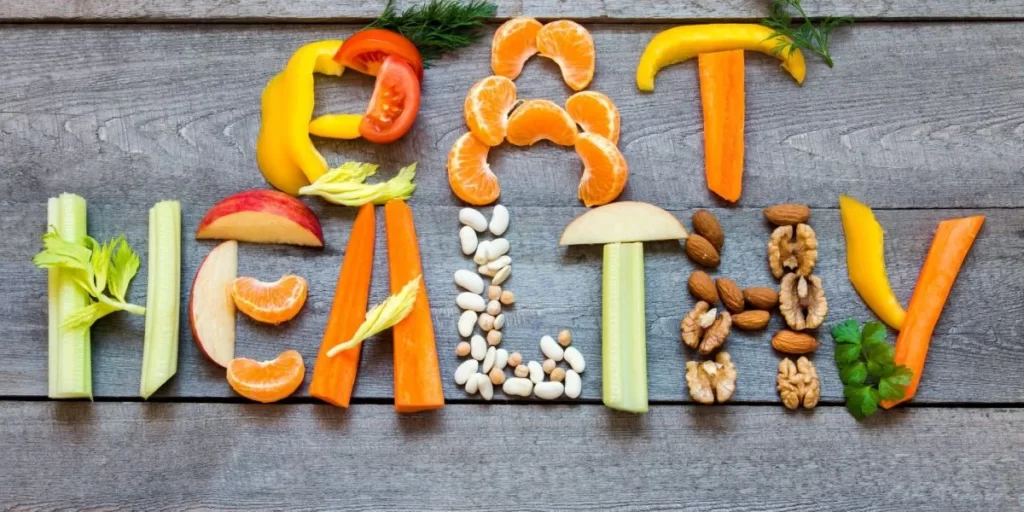
Eating a balanced, nutritious diet is essential for maintaining good health, especially for women who face unique nutritional requirements. In this blog post, we’ll explore the fundamentals of healthy eating for women, discuss key nutrients, and provide some insights on the current state of women’s health in the UK and the USA.
- Women’s Nutritional Needs
Women have specific nutritional needs, which can vary based on factors like age, activity level, and overall health. Here are some essential nutrients to consider:
a. Iron: Women, particularly those of childbearing age, require more iron than men due to menstruation. Good sources include lean meats, fish, poultry, beans, lentils, and fortified cereals.
b. Calcium: Adequate calcium intake is crucial for bone health, especially for women who are at higher risk for osteoporosis. Dairy products, leafy greens, and fortified foods are rich in calcium.
c. Folate: Particularly important for pregnant women, folate supports the development of the baby’s neural tube. Foods high in folate include leafy greens, citrus fruits, and legumes.
d. Vitamin D: Essential for calcium absorption and overall immune health, vitamin D can be obtained through sunlight exposure, fortified foods, and supplements.
- Eating Patterns for Optimal Health
Adopting a balanced, nutrient-dense eating pattern is essential for overall health. Some tips include:
a. Prioritize whole, minimally processed foods: Whole grains, lean proteins, fruits, vegetables, and healthy fats should be the foundation of your diet.
b. Consume a variety of fruits and vegetables: Aim for at least five servings of fruits and vegetables per day, focusing on a colorful mix to maximize nutrient intake.
c. Monitor portion sizes: Overeating, even healthy foods, can lead to weight gain and health issues.
d. Stay hydrated: Aim for at least eight cups of water per day to support digestion, skin health, and overall well-being.
- Women’s Health Stats: UK and USA
a. United Kingdom:
According to the National Health Service (NHS), around 58% of women in England were classified as overweight or obese in 2019. Additionally, only 28% of women in the UK met the recommended daily fruit and vegetable intake. These numbers highlight the importance of promoting healthier eating habits among women in the country.
b. United States:
The Centers for Disease Control and Prevention (CDC) reports that approximately 66% of women in the United States were overweight or obese in 2018. Moreover, only 9.3% of women met the recommended daily fruit intake, and 8.1% met the daily vegetable intake. As in the UK, these statistics emphasize the need for increased focus on healthy eating and lifestyle changes.
Conclusion
Healthy eating is essential for women’s well-being, and incorporating nutrient-dense foods into your diet can significantly impact your overall health. By understanding your unique nutritional needs, adopting a balanced eating pattern, and being aware of the current state of women’s health, you can make informed choices that will empower you to live your healthiest life.




